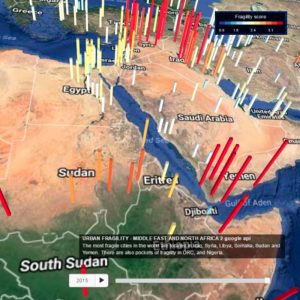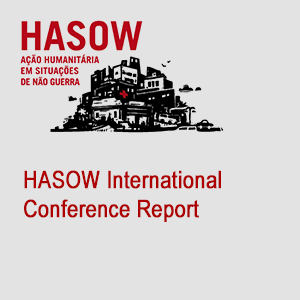Cities are the front line of security and development in the twenty first century. Due to the scale and pace of urbanization – especially in the Americas, Africa and Asia – they are where critical decisions on managing climate risks, migration flows, and public safety will be determined. But not all cities are advancing at the same pace – some are more fragile or resilient than others.
There is also a growing recognition that cities are stepping-up to solve major global challenges. City leaders are forging networks within and across international boundaries to address shared problems. And not a moment too soon, since both national states and multilateral institutions are increasingly paralyzed and unable to take action.







